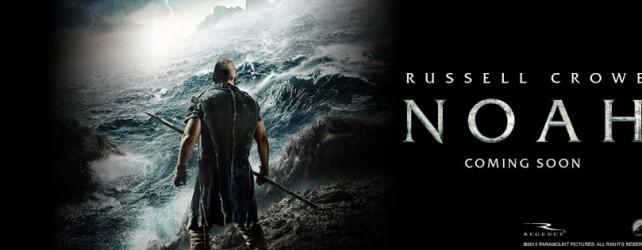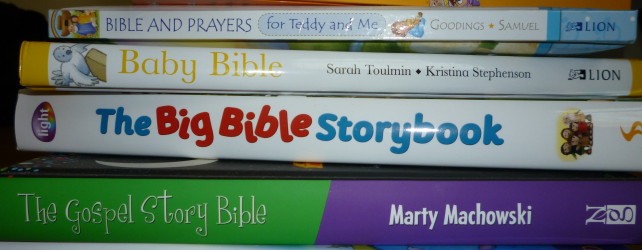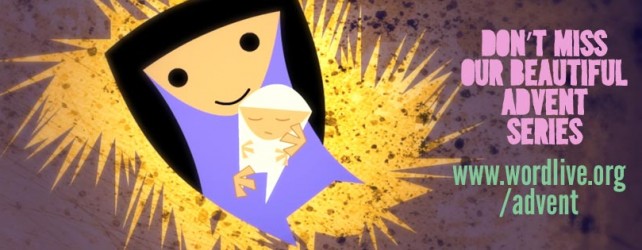I went to see the Noah film last week, and I have to admit it was with high hopes. Despite the fact that I’d heard the story went a bit off-piste, despite the fact that the last thing I’d seen Russell Crowe in was his curiously wooden performance in Les Mis and despite the fact that recent cinema trips had been disappointing (I’m looking at you, Muppets). While at SU, I had republished a book by Andrew Guyatt called The Oncoming Storm, which retold the Noah story for a young adult audience. I found his description of what the world might have been like for Noah really interesting – how did one family build the ark, what did Noah’s wife think of it all, how bad had humanity become for God to contemplate wiping nearly everyone out? I was really intrigued to see how the film answered some of these questions.
However, my hopes were mostly misplaced. I did enjoy it more than Muppets Most Wanted (though that’s not saying much), but it was still quite disappointing. I couldn’t decide whether I didn’t much enjoy it because it didn’t follow the Bible story, because it didn’t meet expectations raised by The Oncoming Storm or because it just wasn’t very good.
Noah, as portrayed by Crowe, was impenetrable, obsessive and almost entirely without sympathy (him for others, or the audience for him). His family were one dimensional and underwritten. God was distant and mostly silent. The Cainites were woefully underused. But most of all (and it may seem strange to say this in a story where thousands of people are wiped out), there is very little love. At the start of Genesis 6, God’s pain and sorrow is evident. Humans, whom he made in his own image, have turned their back on him. Noah loves God and God loves him, and the pain and desperation Noah goes through is because of this love.
For an interesting and thought-provoking retelling of Noah, read The Oncoming Storm instead.




